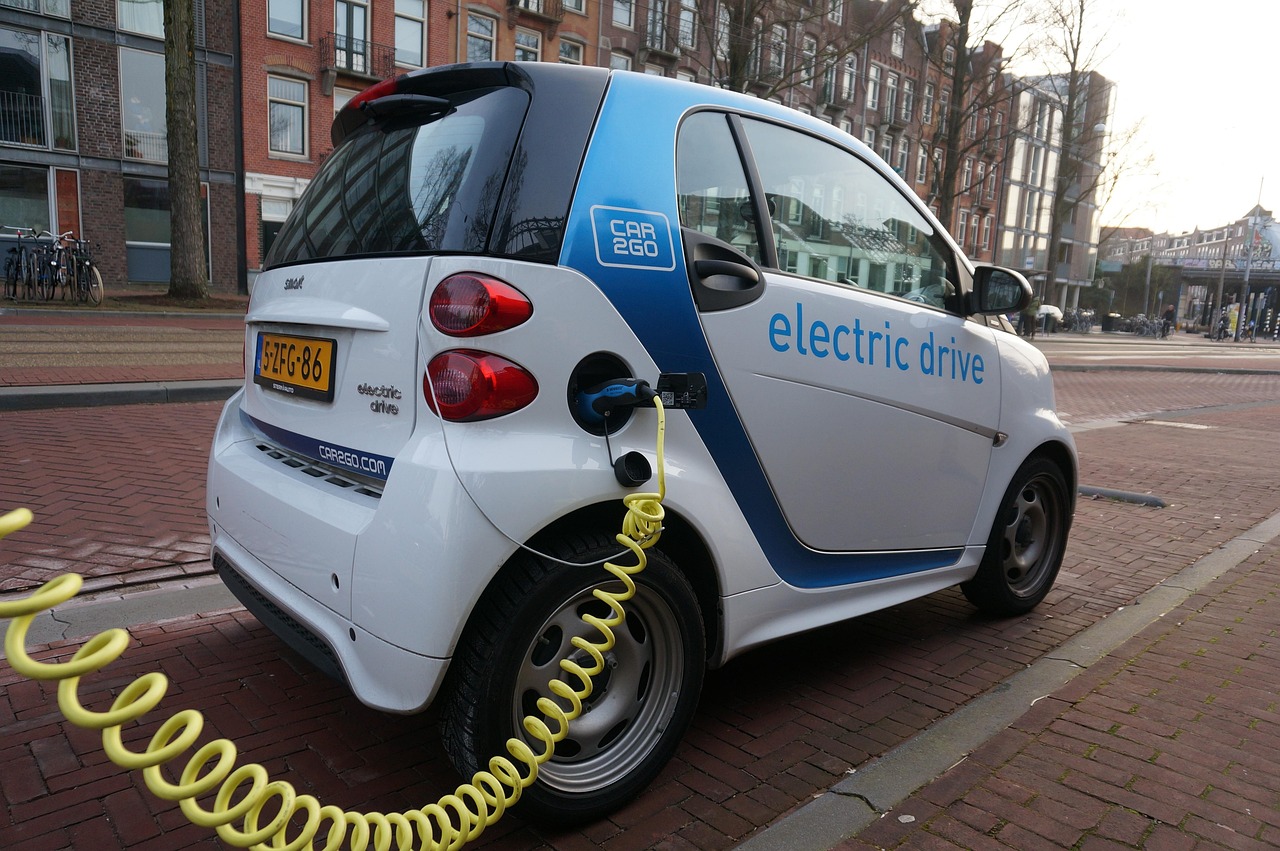Car Sharing: Sustainable Transport for Modern Travelers
Sustainable travel insights and guidance
📅 January 23, 2024
⏱️ 8 min read
🏷️ Transportation
Car sharing represents a sustainable approach to transportation that reduces the need for individual car ownership while providing convenient access to vehicles when needed. This model promotes resource efficiency, reduces emissions, and offers flexible transportation options for travelers.
🚗 The Sharing Economy Revolution
Car sharing is part of the broader sharing economy that prioritizes access over ownership, reducing resource consumption and environmental impact while providing convenient transportation options for users.
 Sustainable Transport
Sustainable Transport
🌍 Environmental Benefits of Car Sharing
Car sharing offers significant environmental advantages over individual car ownership and traditional car rental services.
Reduced Vehicle Production: Car sharing reduces the total number of vehicles needed, decreasing manufacturing emissions and resource consumption.
Higher Utilization: Shared vehicles are used more efficiently, reducing per-mile emissions and resource consumption.
Electric Vehicle Access: Many car sharing services offer electric vehicles, providing access to clean transportation technology.
Reduced Parking Demand: Car sharing reduces the need for parking spaces, preserving land for other uses.
💰 Economic Benefits of Car Sharing
Car sharing offers significant cost savings compared to car ownership, making sustainable transportation more accessible.
No Ownership Costs: Eliminate costs for insurance, maintenance, registration, and depreciation associated with car ownership.
Pay-Per-Use: Only pay for the time and distance you actually use, making it cost-effective for occasional drivers.
No Maintenance: Car sharing companies handle all maintenance, repairs, and insurance, reducing user responsibilities.
Flexible Pricing: Various pricing models accommodate different usage patterns and budgets.
🌱 Types of Car Sharing Services
Different car sharing models offer various levels of convenience and access for different user needs.
Round-Trip Services: Traditional car sharing where you return the vehicle to the same location.
One-Way Services: Drop off the vehicle at different locations, offering maximum flexibility for point-to-point travel.
Peer-to-Peer Sharing: Rent vehicles directly from other users, often at lower costs and with more variety.
Corporate Sharing: Business-focused car sharing services for employee transportation needs.
🚗 Popular Car Sharing Services
Many car sharing services operate worldwide, offering different models and vehicle types for various needs.
Zipcar: One of the largest car sharing services with vehicles in major cities worldwide.
Car2Go: One-way car sharing service with smart cars in urban areas.
Turo: Peer-to-peer car sharing platform connecting car owners with renters.
Getaround: Peer-to-peer car sharing with hourly and daily rental options.
 Sustainable Transport
Sustainable Transport
🌍 International Car Sharing
Car sharing services are available in many countries, offering convenient transportation options for international travelers.
European Services: Services like Share Now and DriveNow operate across European cities.
Asian Services: Car sharing is growing rapidly in Asian cities with services like GoFun and CarShare.
Membership Transfer: Some services offer international membership or partnerships for travelers.
Local Services: Research local car sharing services at your destination for the best options.
🎒 Using Car Sharing Responsibly
Responsible use of car sharing services helps maximize environmental benefits and ensures positive experiences for all users.
Choose Electric: Select electric or hybrid vehicles when available to minimize emissions.
Efficient Routes: Plan efficient routes to minimize distance and time, reducing fuel consumption.
Clean Return: Return vehicles clean and in good condition for the next user.
Respect Rules: Follow all service rules and guidelines to maintain service quality and safety.
🌱 Future of Car Sharing
Car sharing is evolving with new technologies and models that promise even greater sustainability and convenience.
Autonomous Vehicles: Self-driving cars could revolutionize car sharing with on-demand transportation.
Electric Fleets: Car sharing services are transitioning to electric vehicle fleets for zero-emission transportation.
Integrated Mobility: Car sharing is being integrated with public transit and other transportation options.
Smart Technology: Advanced booking, navigation, and vehicle management systems improve user experience.
🌍 The Future of Sustainable Transportation
Car sharing represents a sustainable approach to transportation that reduces environmental impact while providing convenient access to vehicles. As car sharing services continue to evolve and expand, they offer an increasingly attractive alternative to car ownership.
Key Benefits:
- Environmental Impact: Reduced vehicle production and higher utilization efficiency
- Cost Savings: Eliminate ownership costs and pay only for what you use
- Convenience: Access to vehicles when needed without ownership responsibilities
- Flexibility: Various service models to meet different transportation needs
- Technology Access: Access to electric and hybrid vehicles without ownership costs
Remember: Car sharing is about more than just transportation—it's about rethinking our relationship with vehicles and resources. Every shared vehicle represents a step toward more sustainable transportation and a more efficient use of resources.
 Sustainable Transport
Sustainable Transport
 Sustainable Transport
Sustainable Transport